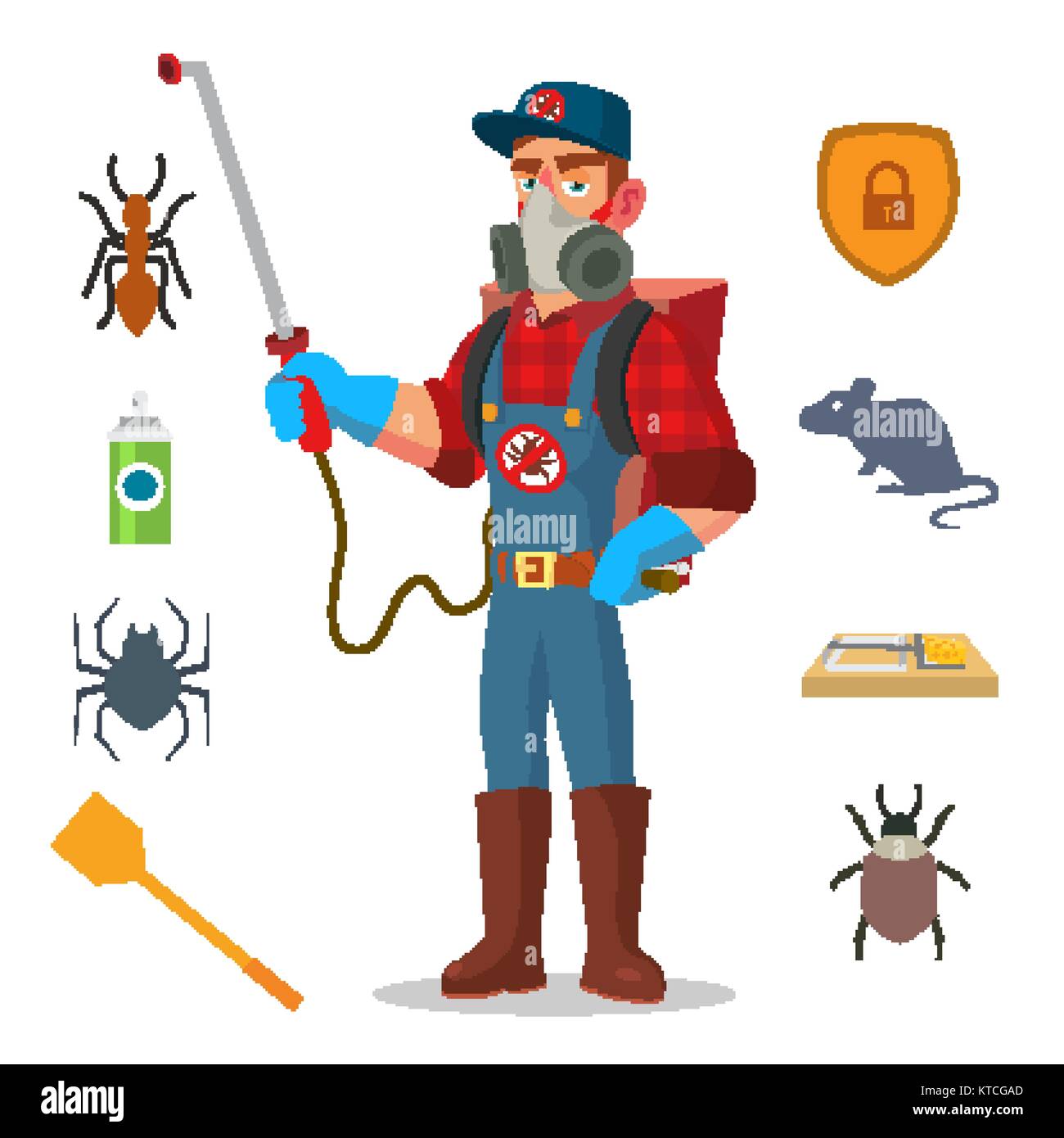The way to Manage an Critical Insect Infestation
Contending with a infestation infestation can be a resident's worst fear. Whether it’s termites crawling through your kitchen, bed bugs disturbing your quiet sleep, or vermin scurrying in the walls, a sudden infestation can leave you feeling stressed and eager for a fix. Knowing how to efficiently handle and prevent these emergencies is important for maintaining a comfortable and inviting living environment.
In this ultimate guide, we will explore multiple strategies for keeping your home free from pests year-round. From spotting common household pests and understanding how to remove them, to clarifying pest control myths and highlighting the benefits of hired help, we will provide you with the necessary knowledge needed to confront any pest problem. Equipped with the right information and helpful tips, you will be equipped to defend your home from intrusive guests no matter the period.
Typical Domestic Infestations and Remedies
Domestic pests can disturb our regular lives and pose health risks if left ignored. Frequent invaders such as ants, palmetto bugs, and sleeping pests require immediate action to reduce their impact. Termites often enter houses in search of food, creating pathways that can be difficult to get rid of. A blend of tidiness, sealing openings, and using lure traps can successfully manage ant populations.
Cockroaches are not only unpleasant but also carry infections. These bugs thrive in dark, moist environments, making cooking areas and restrooms prime targets. Keeping these areas clean and free of moisture is essential, along with using insecticides or traps specifically intended for palmetto bugs. For serious claims, seeking qualified pest control services may be necessary to eradicate the problem entirely.
Sleeping pests are widely challenging to identify and remove. They often hitchhike in luggage and clothing, leading to infestations in dwellings and inns. The solution to managing mattress bugs is to recognize them early and take action quickly. Washing infested items in hot water, vacuuming consistently, and using bed bug-specific chemicals can help manage and ultimately remove these bugs from your home.
Season-based Pest Prevention Tips
As the times of year change, so do the kinds of unwanted guests that invade our houses. Spring often brings various ant species, termite infestations, and different insects emerging from their cold weather slumber. To prepare your residence, conduct a thorough inspection of the outside for any cracks or gaps where pests could enter. Closing off these openings, along with keeping your garden free of standing pools and debris, will establish a less welcoming setting for potential infestations.
During the hot months, it's important to focus on mosquito and stinging insect control. Regularly mowing your lawn, trimming overgrown bushes, and removing any stagnant water can help reduce mosquitoes breeding sites. Additionally, think about using organic repellents in your yard to aid in warding off these annoying bugs at bay while you spend time in your outdoor space.
As the fall sets in, mice and rats begin their quest for warmth and protection. To stop an influx, check your home’s foundation and entry points. Ensure all windows and entryways are tight-fitting and fix any broken mesh. Keeping Pest Control Queen Creek in airtight containers and maintaining your kitchen and pantry clean can greatly deter rodents and other creatures looking for a meal as they seek shelter from the chilly weather.
Expert vs. Do-It-Yourself Pest Control

When it comes to pest control, homeowners often face the decision between Do-It-Yourself approaches and hiring professionals. DIY pest management can seem attractive due to its affordability and the ease of treating problems on your own timing. Popular approaches include store-bought sprays, traps, and natural remedies. However, many Do-It-Yourself solutions may not address the underlying cause of pest infestations, leading to recurring problems. Additionally, improper application of solutions can pose health hazards to your family and pets.
On the flip side, expert pest control services offer specialized knowledge and focused knowledge that can efficiently handle multiple pest problems. Licensed pest management technicians can conduct thorough inspections to identify problem areas and pest entry points. They also use professional-grade products and techniques that are often more effective than standard retail options. Moreover, professionals can provide ongoing monitoring and prevention strategies, significantly minimizing the chances of future infestations.
Ultimately, the choice between DIY and professional pest control depends on the extent of the infestation and the homeowner's willingness with handling pests. For small issues, Do-It-Yourself approaches might be sufficient, but for significant infestations or persistent pest problems, engaging a specialist service is usually the safest and most efficient approach.